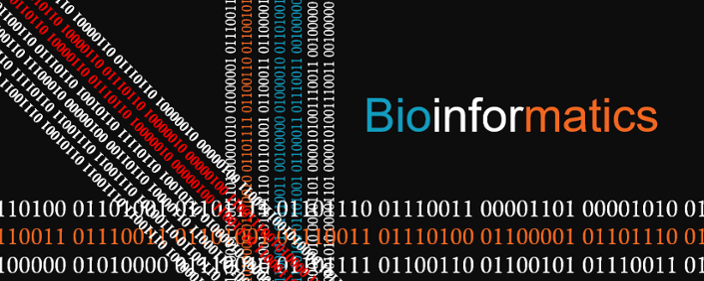
Bioinformatics combines biology, computer science, and mathematics to gather, analyze and interpret biological data, making it a relatively new and powerful interdisciplinary science. Bioinformatics capitalizes on the growing body of knowledge regarding the use of patient data. The Department of Pathology, Microbiology and Immunology at UNMC regards the establishment of bioinformatics research within the university health system as an opportune environment for scientists to understand the genetic makeup of patients and disease progression through basic biomedical research; for bioinformaticists to generate and analyze data and to predict outcomes; and for clinicians to develop novel diagnostic and identify treatment strategies. The results can create an impactful network “in which scientific evidence informs clinical practice while data gathered from clinical practice and administrative sources inform scientific investigation,” according to the NIH.
Within our department, we have several bioinformatics projects that focus on basic science, translation and clinical outcomes. Drs. Larson and Hinrichs are utilizing bioinformatics to identify and prevent neglected tropical infectious diseases around the world. Dr. Campbell’s bioinformatics lab studies data standards in health records that can be analyzed to support individual patient care and population health. Dr. Zhang is using next generation sequencing to detect large-scale genetic abnormalities in lymphoid malignancies and establish pipelines for translational research and clinical care.

